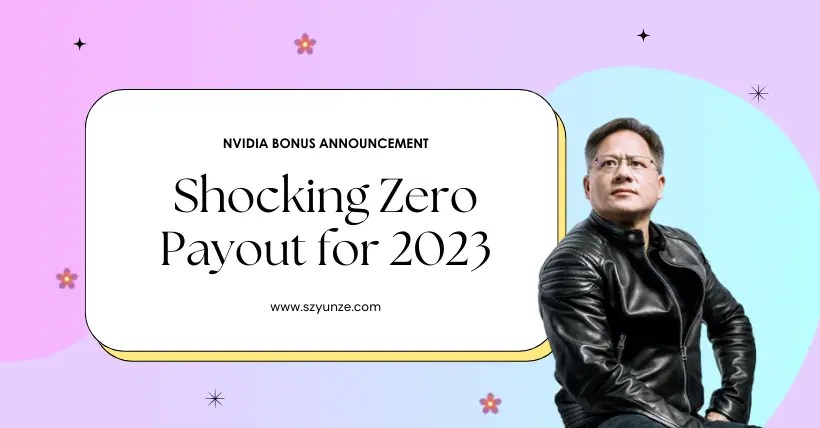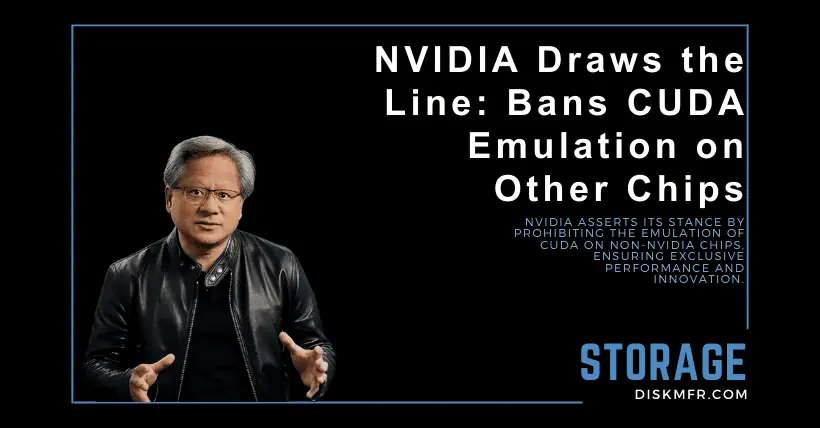Recently, NVIDIA clearly stated in the user license for CUDA 11.6 that it is prohibited to run CUDA-based software on other hardware platforms using translation layers. This move immediately caused a stir in the AI community and attracted attention from major media outlets.
CUDA stands for Compute Unified Device Architecture, a heterogeneous programming language developed by NVIDIA that provides an interface for general-purpose programs to call GPU. Simply put, CUDA can accelerate the prediction speed of neural network models, and efficiently and effortlessly handle large amounts of data to perform real-time, high-demand tasks.
When facing the need for high performance and real-time output, CUDA is the preferred solution for large companies, bringing them substantial benefits. For example, Tesla and other automotive giants use CUDA to train autonomous driving cars, and Netflix uses CUDA’s capabilities to enhance its recommendation engine… NVIDIA has also bound millions of AI developers with CUDA, attracting large cloud computing companies to purchase its GPUs.
The combination of CUDA and NVIDIA hardware has proven to be very efficient, with a large number of programs relying on this combination. However, as more cost-effective hardware emerges, more and more users are inclined to run CUDA programs on platforms that compete with NVIDIA, which is undoubtedly a challenge to NVIDIA’s technology and market position.
To ensure its competitive advantage in the GPU computing field, NVIDIA had to “abandon” the mission of the human community of a shared future and “call out” its competitors: you are not allowed to use my CUDA on your hardware!
Industry insiders analyze that this move is probably aimed at third-party projects such as ZLUDA, which involve Intel and AMD, as well as compatibility solutions from Chinese manufacturers like Juejin Technology GPU+ and Muxi Technology.
Overall, this warning represents NVIDIA’s attitude towards CUDA compatibility. Currently, NVIDIA has only added a warning clause in the CUDA 11.6 protocol and has not taken any actual action, but it does not rule out the possibility of further measures in the future.

Related:
- Semiconductor Fab Roles Require 24h Emergency Access
- China’s Tech Puzzle: Customers Reject NVIDIA Downgrades
- Why NVIDIA Leads Over AMD: Key Factors Explained

Disclaimer:
- This channel does not make any representations or warranties regarding the availability, accuracy, timeliness, effectiveness, or completeness of any information posted. It hereby disclaims any liability or consequences arising from the use of the information.
- This channel is non-commercial and non-profit. The re-posted content does not signify endorsement of its views or responsibility for its authenticity. It does not intend to constitute any other guidance. This channel is not liable for any inaccuracies or errors in the re-posted or published information, directly or indirectly.
- Some data, materials, text, images, etc., used in this channel are sourced from the internet, and all reposts are duly credited to their sources. If you discover any work that infringes on your intellectual property rights or personal legal interests, please contact us, and we will promptly modify or remove it.



